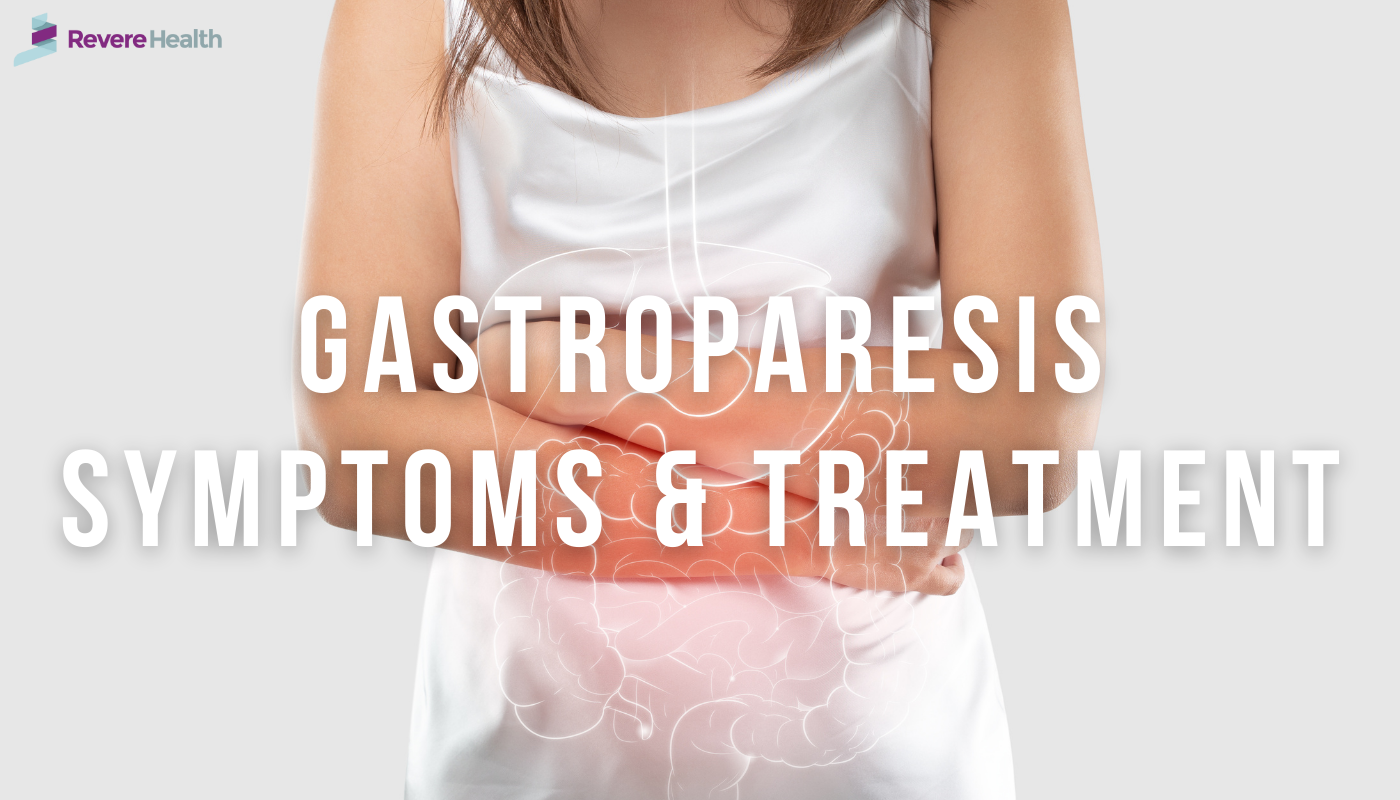Arthritis and Rheumatoid Arthritis Causes and Symptoms

Arthritis is characterized by swelling and tenderness in one or more joints. The most common arthritis symptoms are joint pain and stiffness, both of which intensify with age. Osteoarthritis and Rheumatoid arthritis are the most common types of arthritis. Rheumatoid arthritis is a long-term inflammatory condition that affects more than just the joints. The state can harm some people's skin, eyes, lungs, heart, and blood vessels, affecting many other body systems. Rheumatoid arthritis is an autoimmune condition that develops when the body's immune system unintentionally attacks its tissues. Unlike osteoarthritis, which causes wear and tears on your joints, rheumatoid arthritis impacts the lining of your joints, allowing painful swelling that can eventually lead to bone erosion and joint disfigurement. The inflammation caused by rheumatoid arthritis can also harm other body parts. Even though new medications have significantly improved treatment options, severe rheumatoid arthrit






